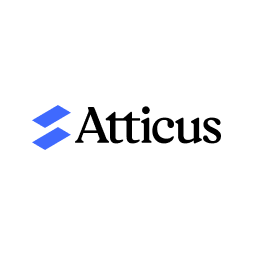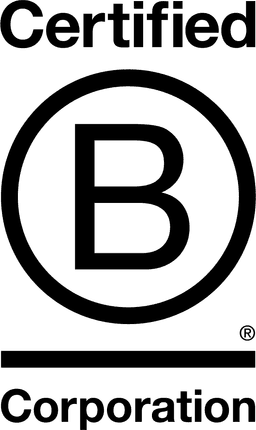

Atticus

California, United States
February 2019
Legal activities
Service with Minor Environmental Footprint
United States
Atticus is a brand new kind of legal startup, on a mission to reinvent how Americans seek and find legal help. Today, 90% of Americans don’t know where they’d turn for legal help in a crisis. They’re here to change that. They use an innovative structure to do something no one has ever done before: Offer expert, high-quality legal advice to any American with a serious need — for free. Their initial focus is on navigation: They diagnose clients’ needs, explain their options, and help them find and hire the right specific lawyer (or nonprofit) to move forward. To lawyers, they operate as a broker: They send them pre-vetted clients, and earn a percentage of what they make from each successful representation. Who are their clients? A sample to date: A woman harassed for refusing her boss’s advances. A child whose parent died without a will. A father disabled after being hit by a truck. An immigrant seeking to grow her family. Some of these folks are rural and low-income; others are wealthy and well-educated. What unites them is the feeling that our legal system is incredibly daunting: Few know where to turn, or whom to trust. That’s where they come in.
Overall B Impact Score
Governance 15.9
Governance evaluates a company's overall mission, engagement around its social/environmental impact, ethics, and transparency. This section also evaluates the ability of a company to protect their mission and formally consider stakeholders in decision making through their corporate structure (e.g. benefit corporation) or corporate governing documents.
What is this? A company with an Impact Business Model is intentionally designed to create a specific positive outcome for one of its stakeholders - such as workers, community, environment, or customers.
Workers 31.4
Workers evaluates a company’s contributions to its employees’ financial security, health & safety, wellness, career development, and engagement & satisfaction. In addition, this section recognizes business models designed to benefit workers, such as companies that are at least 40% owned by non-executive employees and those that have workforce development programs to support individuals with barriers to employment.
Community 17.3
Community evaluates a company’s engagement with and impact on the communities in which it operates, hires from, and sources from. Topics include diversity, equity & inclusion, economic impact, civic engagement, charitable giving, and supply chain management. In addition, this section recognizes business models that are designed to address specific community-oriented problems, such as poverty alleviation through fair trade sourcing or distribution via microenterprises, producer cooperative models, locally focused economic development, and formal charitable giving commitments.
Environment 5.5
Environment evaluates a company’s overall environmental management practices as well as its impact on the air, climate, water, land, and biodiversity. This includes the direct impact of a company’s operations and, when applicable its supply chain and distribution channels. This section also recognizes companies with environmentally innovative production processes and those that sell products or services that have a positive environmental impact. Some examples might include products and services that create renewable energy, reduce consumption or waste, conserve land or wildlife, provide less toxic alternatives to the market, or educate people about environmental problems.
Customers 55.7
Customers evaluates a company’s stewardship of its customers through the quality of its products and services, ethical marketing, data privacy and security, and feedback channels. In addition, this section recognizes products or services that are designed to address a particular social problem for or through its customers, such as health or educational products, arts & media products, serving underserved customers/clients, and services that improve the social impact of other businesses or organizations.
What is this? A company with an Impact Business Model is intentionally designed to create a specific positive outcome for one of its stakeholders - such as workers, community, environment, or customers.